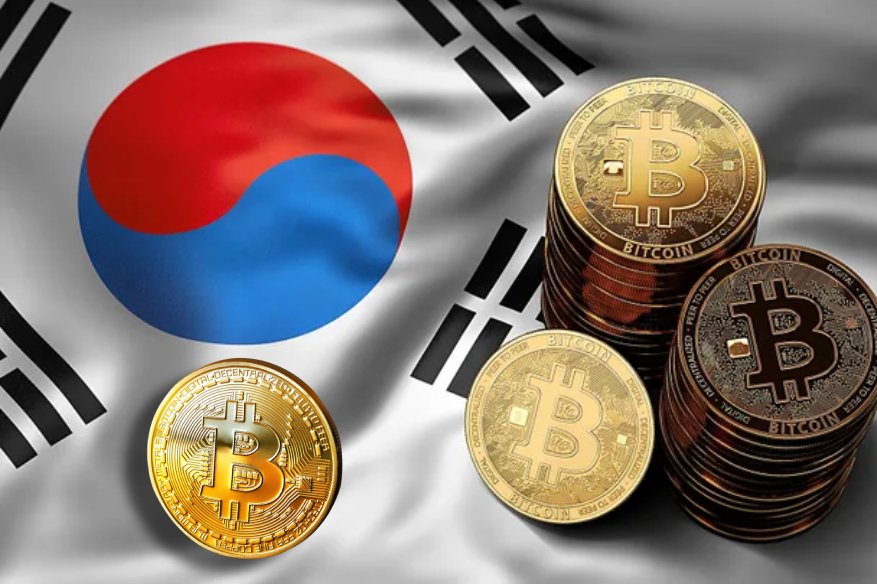South Korea’s Cryptocurrency Responsibility

The Blockchain technology is a proven secure system, but that doesn’t mean that engaging with cryptocurrency transaction is safe all the time. This is because of the inherent insecurity of cryptocurrency exchanges, private firms that are engaging in the business of buying and selling cryptocurrencies to real-world currencies, like the US Dollar and the Euro. South Korea is one state that is very cautious about the investments of their own nationals with cryptocurrency.
The South Korean government has exposed to the public the advantages and disadvantages of the cryptocurrency. They provide the domestic audience enough education on how to safely deal with digital currency, especially when they trade it with their own Korean Won, Sokor’s local currency. South Korea has its own share of cryptocurrency heist that happened in 2016, where cryptocurrency wallets have been stolen, out of a total of 160 cases, only six cases had a corresponding suspect arrested.
2017 was also not a cryptocurrency exchange-friendly year, as 158 wallets were penetrated by unauthorized 3rd parties. Approximately 112 billion South Korean Won worth of Bitcoins and its derivatives were stolen, as per the local media Boan News. “The amount of money stolen by the hacking of cryptocurrency exchanges has been steadily increasing every year. The amount of illegal withdrawals, which was only KRW 300 million [$265,282] in 2016, increased to KRW 40.5 billion [$35.8 million] in 2017, and two hacking cases occurred in 2018, amounting to KRW 71.3 billion [$63 million] in theft,” explained Boan News in one of their reports.
“The nature of cryptocurrency exchanges is always exposed to cyber threat…the hacking accidents occurred even in the places where the government conducted security checks,” said Min Kyung-Wook, a South Korean local politician. The South Korean government has made a preemptive move to lessen the chances of cryptocurrency exchanges from being hacked by performing a state-sanctioned technical inspection. Last year alone, twenty-one cryptocurrency exchange firms have been inspected.
The private sector, especially the insurance industry is taking responsibility for protecting South Koreans. This is by offering a new insurance policy to protect cryptocurrency exchanges. Hanwha Insurance is the first South Korean insurance company to offer such insurance package. Protecting digital wealth today is protecting tomorrow’s economy.
South Korea’s Finance Ministry has taken responsibility of development of Sokor’s internal cryptocurrency economy. “The measures will help facilitate the platform economy, which in turn will help speed up innovative growth. The government will focus on promoting big data and AI, developing blockchain technology to ensure data management security and boosting the sharing economy,” explained the Finance Ministry.